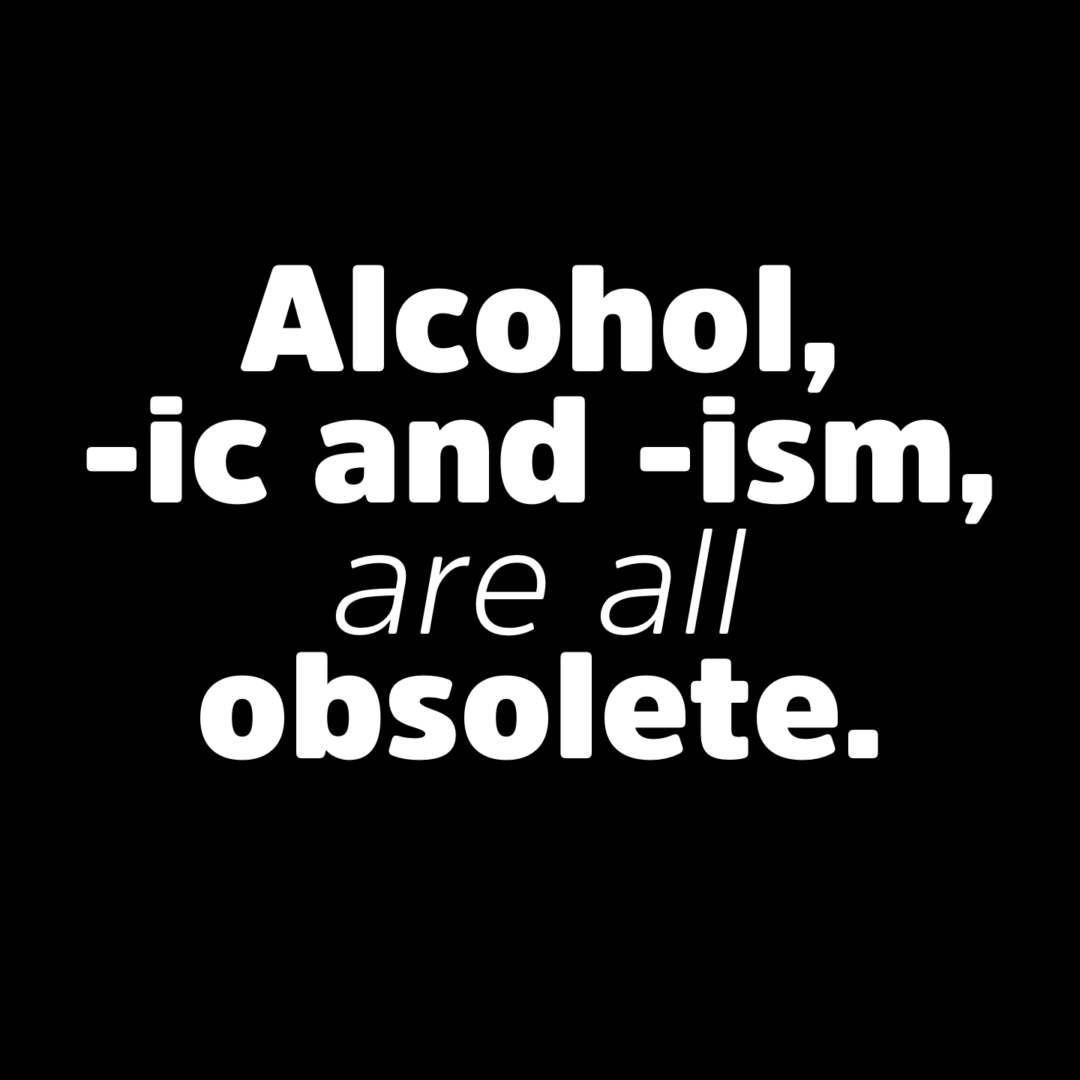I was a teenage boozehound until the age of 48. It took me that long to see how much alcohol was interfering with how I actually wanted to live.
Alcohol is so pervasive and so normalized in our culture that many of us don’t stop to think about how it’s affecting us. Most of us do not have a severely debilitating drinking problem—most of us have a subtly debilitating, “normal” or “moderate” drinking habit—the sort of habit that can be maintained for a lifetime.
But why? Consuming any quantity of alcohol interferes with optimal health. Even only a couple of beers or glasses of wine result in sub-optimal sleep and other detrimental effects. And if, like me, you drink more than just a bit but still less than catastrophically, you probably suffer from some combination of poor health, fatigue, bad mood, impatience, anxiety, and depression. In my case, I had a lifelong and increasingly serious problem with depression, and I could just not figure out why I was depressed. I learned in high school that alcohol is a “depressant”, but I had never learned how it not only acts that way in the short term, but can also literally cause depression. Alcohol and depression are deeply co-involved. Especially if you feel depressed, I urge you to look very closely at how drinking and depression are connected.

Hard to imagine your life without drinking? Is it for most of us, because drinking has become part of what we do on a regular basis, and, quite literally, we are what we do most often. If part of what we do is drink, then it’s part of who we are, and it’s hard to consider stopping being part of who you are. The good news is that it’s actually harder to think about stopping drinking than it is to actually stop. When we just think about stopping, we imagine trying to live without some part of ourselves. When we simply try stopping, we quickly start to feel the benefits of living without (or with much less) alcohol, and the body usually speaks for itself. Improved sleep alone is often enough for many people to start to see the effects of alcohol more clearly.
Tired of waking up fuzzy, grumpy, sad, tired, hung over, and depressed? I sure was. Now I have perfect sleep every night, and more energy than I did fifteen years ago. As someone who was a drinker from the age of eleven through forty-seven and depressed through my late twenties into my forties, I have the personal experience to help you better understand how alcohol works in the body and to change your relationship with alcohol. Nothing against the stuff, but what I finally realized was that alcohol is incompatible with living well, and with living as well as I want to live.


